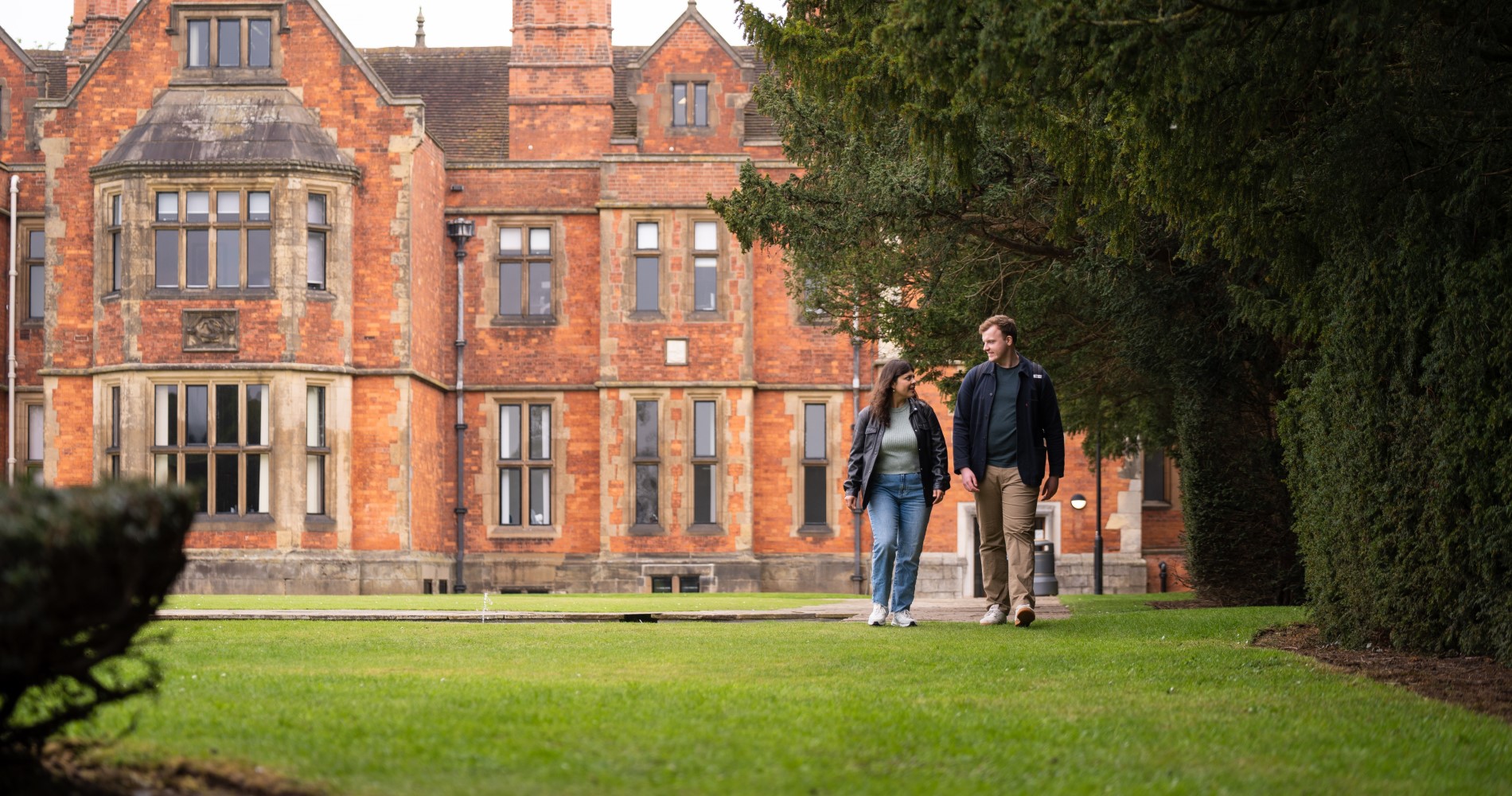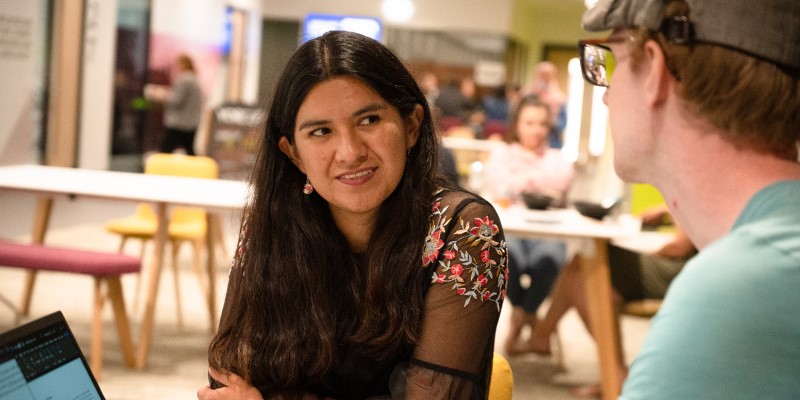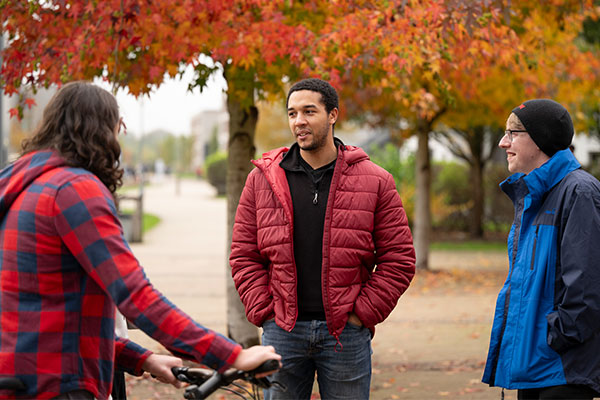| Length | Start dates (semester dates) | |
|---|---|---|
| PhD |
3 years full-time |
September February |
York Law School has a wide range of research expertise, spanning a diverse array of topics. We apply a variety of research methods, from doctrinal to philosophical, empirical, historical and critical.
Your research
The PhD is an opportunity to pursue a significant independent research project, making an original contribution to your chosen field of legal knowledge. Your research will lead to a thesis of up to 100,000 words. You will be a part of the thriving research community, with access to training in research and transferable skills to support your career ambitions. The programme is available in all fields of expertise at York Law School, subject to supervisory availability.







